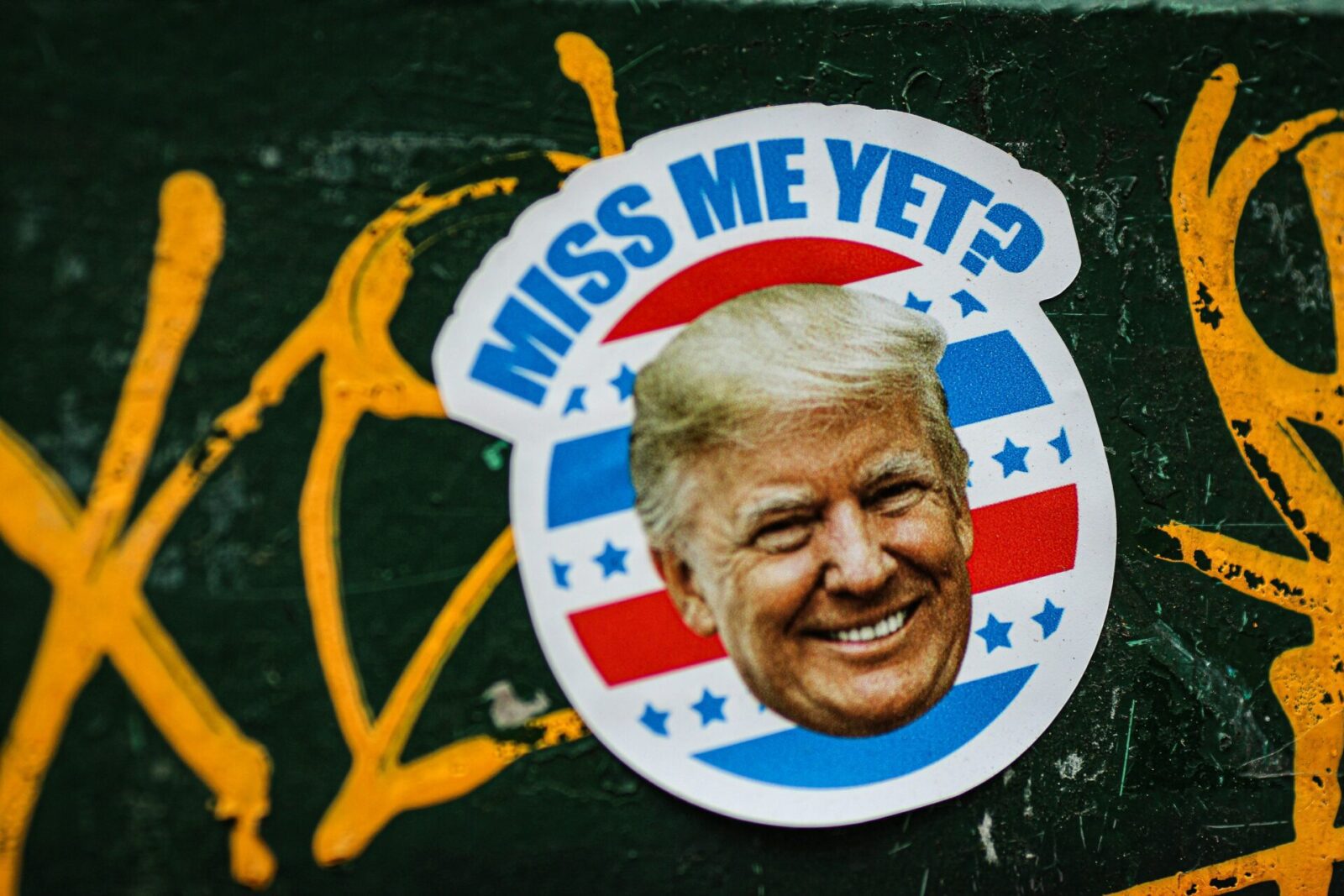Recently, President Trump announced a significant policy shift by imposing a 25% tariff on all auto imports that are not manufactured in the United States. This move has sparked a lot of discussions about its potential effects on the automotive industry, consumers, and the broader economy. While the administration argues that this policy will boost domestic manufacturing, many experts warn about the possible negative consequences for both American automakers and consumers.
Key Takeaways
- The 25% tariffs aim to increase U.S. auto manufacturing but may raise vehicle prices.
- Domestic manufacturers could see short-term gains, but costs may rise due to global supply chains.
- Foreign automakers may struggle with increased costs, impacting their competitiveness in the U.S. market.
- Consumers could face higher prices for both new and used vehicles, limiting their choices.
- Political support for the tariffs exists among some manufacturers, while critics warn of economic drawbacks.
Introduction to Trump’s Tariff Policy
So, Trump’s back in office, and one of the first things he’s done is slap a 25% tariff on imported autos. It’s a pretty big deal, and it’s got everyone talking. The idea, according to the White House, is to boost manufacturing here in the U.S. But, like with anything involving tariffs, it’s not quite that simple. It’s like trying to fix something, and you end up making it worse – could help some, but hurt others, especially those automakers who rely on getting parts from all over the world.
It’s worth remembering that tariffs aren’t just about numbers; they’re about people’s jobs, the prices we pay, and how well U.S. companies can compete globally. It’s a complex web, and this new tariff is sure to shake things up.
It’s not the first time Trump’s played around with tariffs, either. Remember the steel and aluminum import duties? This feels like a continuation of that, but with potentially even bigger consequences for the auto industry and consumers. It’s going to be interesting to see how this all plays out. Here’s a quick rundown of what we’re going to cover:
- What these tariffs actually are.
- How they might affect car companies.
- What it could mean for your wallet.
Overview of the 25% Tariffs on Autos
So, Trump’s back at it again, this time slapping a 25% tariff on imported automobiles. It’s a pretty big deal, and it’s already causing ripples in the automotive world. Basically, if your car isn’t made in the U.S., it’s about to get more expensive. Trump says this will boost domestic manufacturing, but a lot of people are worried about the consequences. It’s not just about new cars either; this could affect the used car market too. Remember those steel and aluminum import duties from before? Yeah, this is like that, but for cars.
Effects on Domestic Manufacturers
Okay, so the idea is that these tariffs will help American car companies. In theory, it makes sense: foreign cars get pricier, so people buy more American-made cars. But it’s not that simple. Even U.S. automakers rely on parts from all over the world. So, when those parts get hit with tariffs, it drives up their costs too. It’s a bit of a double-edged sword. Ford and GM execs are already meeting with officials to discuss the impact on automotive industry.
Consequences for Foreign Automakers
Foreign automakers are probably sweating right now. A 25% tariff is a huge hit, especially for companies that import a lot of cars into the U.S. Some companies, like those that focus on luxury vehicles, might be able to absorb the cost. But for others, like Toyota, Mazda, and Subaru, who import a large chunk of their fleets, it’s going to be tough. They’ll either have to raise prices, which could scare away customers, or eat the cost, which will hurt their profits.
It’s a complex situation, and there are no easy answers. The auto industry is global, and these tariffs are going to create winners and losers. It’s not just about American vs. foreign; it’s about how these tariffs affect the entire supply chain.
Impact on the Automotive Industry
These new tariffs? They’re going to shake things up, no doubt. The auto industry is a complex web, and throwing a 25% tariff into the mix is like tossing a wrench into the gears. It’s not just about the big manufacturers; it’s about the entire supply chain, from the smallest parts supplier to the dealerships on the corner. It’s going to be interesting to see how everyone adapts, or doesn’t.
Effects on Domestic Manufacturers
Okay, so you’d think American automakers would be doing a happy dance, right? Well, it’s not that simple. Even companies like GM, Ford, and Stellantis rely on parts from other countries. These tariffs could seriously cut into their profits. It’s like they’re stuck between a rock and a hard place. They might get a boost in sales for domestically produced cars, but they’ll also be paying more for parts, which means higher production costs. And guess who ends up paying for that? Yep, the consumer.
- Increased production costs due to tariffs on imported parts.
- Potential boost in sales of domestically produced vehicles.
- Need to re-evaluate supply chains and potentially shift sourcing.
It’s a bit of a gamble, really. The idea is to bring manufacturing back to the U.S., but the short-term pain could be pretty significant. It’s all about whether the long-term gains outweigh the immediate losses.
Consequences for Foreign Automakers
Now, the foreign automakers? They’re probably sweating a bit more. A 25% tariff is a big deal. It could make their cars significantly more expensive in the U.S., which means fewer sales. Some of the companies that import a large percentage of their fleets, like Toyota, Mazda, and Subaru, are going to feel the pinch the most. Luxury brands might be able to absorb some of the cost, but the more mainstream brands? They’re going to have to make some tough choices.
| Automaker | Potential Impact | Strategy |
|---|---|---|
| Toyota | High | Re-evaluate pricing, consider shifting production |
| BMW | Moderate | Absorb some costs, focus on luxury market |
| Ford | Moderate | Increase domestic production, adjust supply chain |
- Reduced sales in the U.S. market due to higher prices.
- Pressure to shift production to the U.S. to avoid tariffs.
- Potential for job losses in their home countries.
Economic Implications of Tariffs
Impact on Consumers and Prices
These new tariffs? They’re probably going to hit consumers right in the wallet. The price of new cars, especially those imported or made with imported parts, is expected to rise. It’s simple economics, really. Automakers aren’t just going to eat the cost of a 25% tariff; they’ll pass it on to the buyer. And it’s not just new cars; the used car market will likely feel the pinch too, as demand shifts and overall vehicle values adjust. According to Edmunds, new vehicles were already selling for over $47,000 not long ago, and these tariffs will only push that number higher.
- Increased car prices for consumers.
- Potential decrease in demand for imported vehicles.
- Ripple effects on the used car market.
It’s worth remembering that even American automakers rely on global supply chains. So, tariffs on imported parts will increase their production costs, which will then be reflected in the final price of vehicles sold to consumers. It’s a complex web, and the consumer is often the one who ends up paying the price.
Potential Job Creation in the U.S.
The White House is saying these tariffs will foster domestic manufacturing. The idea is that by making imported cars more expensive, people will buy more American-made cars, leading to more jobs in U.S. auto plants. Maybe. But it’s not that simple. Automakers might just decide to move production to the U.S. to avoid the tariffs, which could create some jobs, but it could also lead to higher prices and less choice for consumers. Plus, other countries could retaliate with their own tariffs, which could hurt American exports and lead to job losses in other sectors. It’s a gamble, to be sure. The impact on electrified vehicles is also something to consider.
- Potential for new jobs in U.S. auto manufacturing.
- Risk of retaliatory tariffs from other countries.
- Uncertainty about the long-term impact on employment.
Here’s a quick look at how tariffs might affect different automakers:
| Automaker | Impact |
|---|---|
| Toyota, Mazda, Subaru | Likely to be hit hard due to high import percentages. |
| GM, Ford, Stellantis | Profits could be hurt by tariffs on parts from Mexico and Canada. |
| European Brands | Less affected, as they mostly deal in luxury vehicles where buyers are more willing to absorb price increases. |
Political Reactions to the Tariffs
Support from U.S. Manufacturers
Some U.S. manufacturers have voiced support for the tariffs, believing they will level the playing field and encourage more domestic production. The idea is that by making imported autos more expensive, consumers will be more inclined to buy American-made vehicles. This could lead to increased sales and job creation within the U.S. automotive sector. It’s a pretty straightforward argument, and it resonates with those who feel that American industries have been disadvantaged by global trade agreements.
Criticism from Economists and Trade Experts
Economists and trade experts have largely criticized the tariffs, arguing that they will ultimately harm the U.S. economy. Their main points usually include:
- Increased costs for consumers.
- Retaliatory tariffs from other countries.
- Disruptions to global supply chains.
Many argue that the tariffs are a form of protectionism that distorts markets and reduces overall economic efficiency. They point to historical examples where tariffs have led to trade wars and negative consequences for all parties involved. The consensus seems to be that while the tariffs might offer short-term benefits to some domestic manufacturers, the long-term costs outweigh the gains. It’s a complex issue, but the economic data tends to lean against tariffs as a sustainable strategy. The impact on auto industry profits is a major concern.
Future of U.S. Trade Relations
It’s tough to say exactly where U.S. trade is headed, especially after these auto tariffs. Things are changing fast, and it feels like we’re in for some surprises. One thing is for sure: the auto industry is going to be watching closely.
It’s no secret that some U.S. manufacturers are happy about the tariffs. They think it’ll bring jobs back home and boost the economy. But it’s not that simple. Many companies rely on parts from all over the world. Suddenly slapping a 25% tariff on those parts? That can really mess with their Ford Motors strategy.
Economists are worried about a few things:
- Higher prices for consumers.
- Retaliatory tariffs from other countries.
- Damage to international relationships.
It’s a balancing act. The goal is to protect American jobs, but you don’t want to start a trade war that hurts everyone.
What happens next? Well, that depends on a lot of things. Will the tariffs stay in place? Will other countries retaliate? Will the U.S. negotiate new trade deals? It’s all up in the air. One thing is certain: the future of U.S. trade is uncertain.
Final Thoughts on the Tariffs
In the end, Trump’s 25% tariffs on imported cars are a big deal for the auto industry. While the goal is to boost American manufacturing, it could lead to higher prices for consumers and hurt automakers who rely on parts from abroad. The market is already feeling the strain, with stock prices fluctuating and companies bracing for the impact. Car buyers might find themselves paying more for new vehicles, and even the used car market could take a hit. It’s a complicated situation that could change the landscape of the auto industry for a while. As we move forward, it’ll be interesting to see how all this plays out and what it means for jobs, prices, and the overall market.
Frequently Asked Questions
What are the 25% tariffs on autos?
These are extra taxes that President Trump has placed on cars and auto parts that are imported from other countries, aiming to help American car manufacturers.
Why did Trump decide to impose a 25% tariff on Automotive?
Trump believes that these tariffs will encourage more car production in the U.S. and help create more American jobs.
How will Trump’s tariffs affect car prices?
The tariffs are likely to increase the prices of new cars and some used cars because it will cost more to bring foreign cars into the U.S.
What impact will this have on American car companies?
While it might help some U.S. manufacturers, it could also raise their costs since many use parts from other countries.
Will consumers have fewer choices because of these tariffs?
Yes, as prices go up, some consumers may find it harder to afford new cars, which could lead them to look for used cars instead.
How have foreign automakers reacted to these tariffs?
Many foreign car manufacturers are unhappy because the tariffs can lead to higher costs and fewer sales in the U.S. market.
Are there any potential benefits to these tariffs?
Some believe that these tariffs could lead to more jobs in the U.S. auto industry if companies start producing more cars domestically.
What are the political responses to these tariffs?
Supporters, like some U.S. manufacturers, praise the tariffs, while critics, including many economists, warn they could hurt consumers and the economy.













Leave a Reply